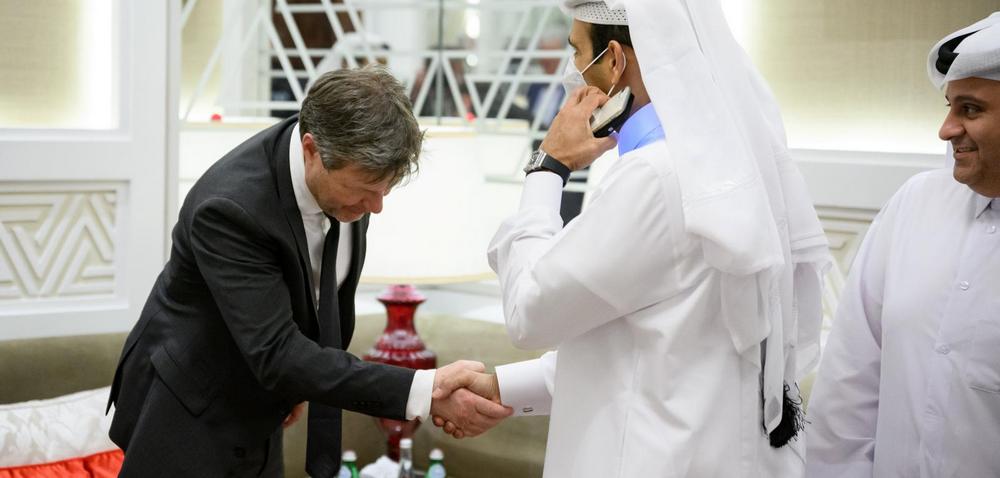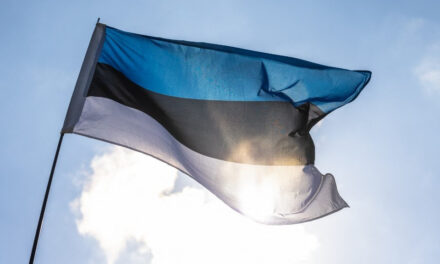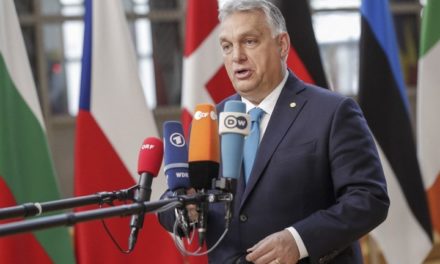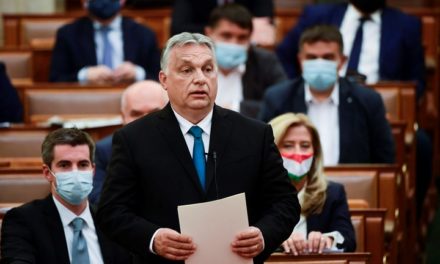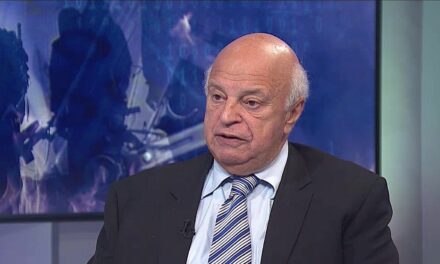The country located along the Persian Gulf can deliver up to two million tons of LNG to Germany per year from 2026, the agreement is valid for at least fifteen years. Qatar sells the gas to the American company Conoco Phillips, which transports it from Rász Laffán to the port of Brunsbüttel in northern Germany.
Qatari Energy Minister Saad Serída al-Kaabi said in Doha on Tuesday that further gas delivery negotiations are underway between Qatar and German companies.
Among other things, Germany is trying to replace Russian pipeline gas with LNG delivered by ship, and is building seven terminals to import liquefied natural gas. According to the plans, all will be in operation by the end of 2023. Their combined capacity may exceed 30 billion cubic meters per year. That's about half the amount that came through the Nord Stream 1 natural gas pipeline from Russia in 2021, the last year before Russia's war with Ukraine.
Qatar is one of the world's largest LNG exporters. After Russia and Iran, the emirate has the largest gas reserves in the world. Until now, Germany has mainly obtained liquefied natural gas from the United States via the Netherlands, Belgium and France.
German Economy Minister Robert Habeck traveled to Qatar in March to discuss the delivery of liquefied natural gas, and today, at a business conference in Berlin, he commented curtly on the now official deal in response to a journalist's question. He said he was satisfied with the agreement with Qatar and its 15-year duration, but he would not have objected to 20-year or even longer contracts, reports Reuters.
By the way, the energy crisis resulted in serious tensions in the German government coalition, which was already struggling with sharp contradictions. So much so that Chancellor Olaf Scholz had to directly mediate peace negotiations between Robert Habeck and Finance Minister Christian Lindner, who could not reach a common denominator regarding nuclear power plants.
The Minister of Economy has not yet disclosed details of the new agreement with Qatar, but at the same time pointed to Germany's plan to become carbon dioxide neutral by 2045, which limits the amount of gas that the country can purchase in the future. According to him, Germany must start reducing its gas consumption from the mid-2030s if it is to achieve its ambitious goal.
In the recent period, several people have questioned whether the German-Qatari tensions related to the soccer World Cup will not affect the business agreements between the two countries.
The head of QatarEnergy, Saad al-Kaabi, said that deals with German companies are not affected by political tensions, but at the same time echoed Habeck's previous comments. Before the start of the World Cup, the German vice-chancellor said that giving Doha the right to host the tournament was a stupid idea and could not really be explained by anything other than corruption.
"The comments that Mr. Habeck has made again do not help our relationship, but our business will continue," said Kaabi, who is also the energy minister.
Qatar's foreign minister accused Berlin of "double standards" in a newspaper interview earlier this month.
In October, his office also summoned the German ambassador, reports Reuters.
The performance of their national team at the World Cup, which was much criticized by the Germans, is not going as expected so far. In their first match, they surprisingly suffered a 2-1 defeat against Japan, and they drew 1-1 against Spain, so for the time being they can worry about whether they will advance from their group at all.
Meanwhile, the German Football Association was at war with FIFA: they decided to turn to the International Court of Arbitration for Sport to clarify whether it was legal for FIFA to issue a yellow card warning against team captains who wanted to enter the field with multi-colored hearts and One Love armbands at the World Cup in Qatar.
Source: Hiradó
Featured image: Robert Habeck and Saad Sharida al-Kaabi in Doha, March 20, 2022 (Photo: Bernd von Jutrczenka/DPA)

